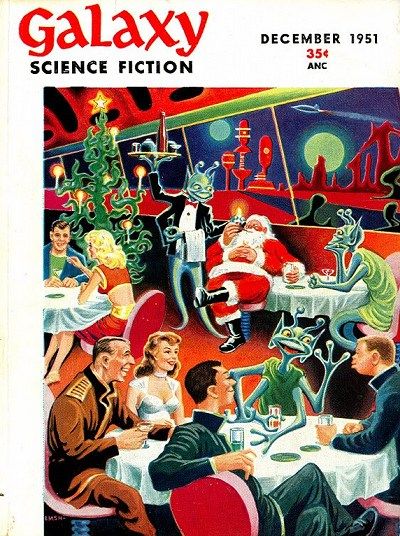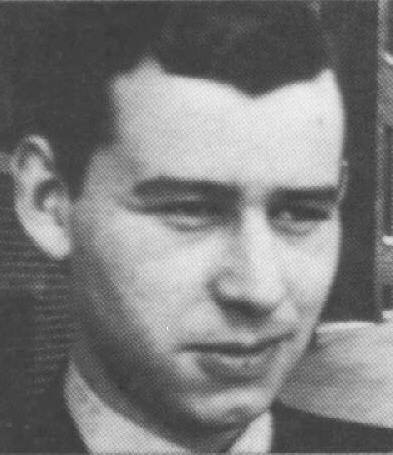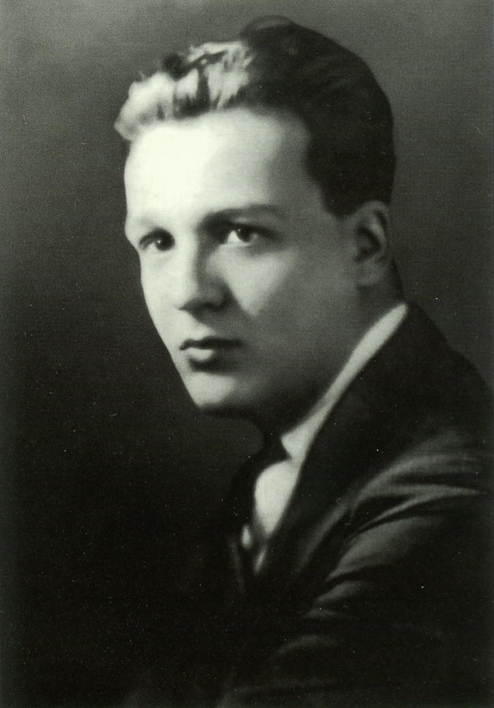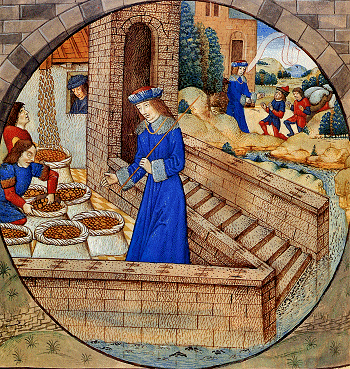Sunday, March 14, 2010
Review: "The Eyes of the Panther" by Ambrose Bierce
Originally published in 1891, this eight-page short story haunts the mind long after one reads it. It is written in a cadence meant to be read aloud, an oratorical sense of the placement and shape of perfectly chosen words and phrases. The power of this brief tale resides in its economic style, its elegantly understated diction, the facts left tantalizingly unsaid amidst the bare portentous facts stated, and the fact that it describes a situation that seems oddly familiar yet at the same time utterly unfamiliar. There are hints, there are matters and things bizarrely reminiscent of something human beings learned long ago when we were still hunter-gatherers daring by necessity the predator-haunted forests and meadows of the Paleolithic Age. But in the end, we have a story that embodies the most ancient meaning and most ancient nuance of the word "weird": the intervention of an uncanny destiny. The story takes place when the eastern half of the United States was still a wilderness to be explored and gradually pocked with small farms that represented personal liberty, however fragile the hold upon freedom of those pioneer homesteaders in their hardscrabble stake. The story focuses on two spare generations of one homesteading family, and a young professional man hoping to marry into it and bring it a happier third generation. And yet the woman that has won his heart, and who indeed treasures his own, is compelled to reveal to him, at the moment he proposes marriage, that she has come to the realization that she is insane. As to why she is, she attempts to explain through a story of long ago, when her own mother was about her age. In that time, there was no town, no developed agrarian landscape, as they now enjoy, but only the little one-room cabin that her father and mother built amidst the looming forest. They knew a rough contentment, with a simple farm, a thriving babe from their union to celebrate in their mutual nurturing, and no one to yet bedevil them with the onerous pinpricks of officious civilization. They had for a brief while their Eden. But the wilds were still dangerous, and in the purity of their existence, the mother had a kind of clairvoyance that her husband did not. He set out one day to go hunting, though his wife pled with him to delay his intention but another day, that it would mean the end of all their future happiness if he did not heed her. He dismissed her superstitiousness when she could only claim that her insight came from a dream, and so he left on his errand. He had been supposed to return at suppertime, but he did not, and when night fell, she put out a candle on the sill of a window whose shutters she parted, as a little beacon for his way back to their little home. She otherwise barred the door carefully against any threat the darkness might bring. But the candle burned down and flickered out, and still he did not come, and she in the meantime had fallen asleep comforting herself by comforting her baby girl. In the very pit of the night she later wakened and spotted a pair of glowing eyes appearing in the window she had left open and where once her candle had glowed. These were feline eyes, and at a level and of a size that could only come from one the dimensions of a panther, ostensibly standing on its hind legs and resting its paws on the sill. Paralyzed with fear, and knowing the big cat could leap in far quicker than she could slam the shutters closed, she got to the farthest corner of the cabin and shielded her babe with her body. What followed I will not reveal, nor does Bierce himself fully reveal it, though I will tell you that the young woman telling the story was not the wee child in the cabin that night, that the father did finally return the following morning, and that the storyteller's mother, the same woman in the cabin that night, died giving birth to her second child, the narrator of this incident. Getting back to the present, the suitor of the young woman decides his ladylove is indeed insane, but not for the reasons revealed in her story; rather, the weird story is a reflection of her madness. He agrees to her wishes that he break off his suit, and takes up the life of a bachelor while setting up his law practice in town. Though he resides in a boarding house, he spends time off in a cabin he built for himself near a woods in the surrounding countryside. It is while at this scenic retreat one night, that the very encounter experienced by his former lover's mother now happens to him. And yet he, unlike that luckless pioneer woman long ago, is armed. He fires upon the glowing-eyed panther peeking through the breeze-way of his open window. Neighbors come running at the sound of the gun-blasts, and a search is mounted for the creature, which has dragged itself away through a swath of flattened grass. The morning light reveals a bizarre tragedy, and the implications to the reader are multiple, perplexing, fascinating and jarringly revelatory. This story can be most readily found in the excellently organized single-volume compendium of all of the author's fiction (still in print): The Complete Short Stories of Ambrose Bierce. Compiled by Ernest Jerome Hopkins. Published by the University of Nebraska Press. Copyright 1984.
Subscribe to:
Post Comments (Atom)



























No comments:
Post a Comment